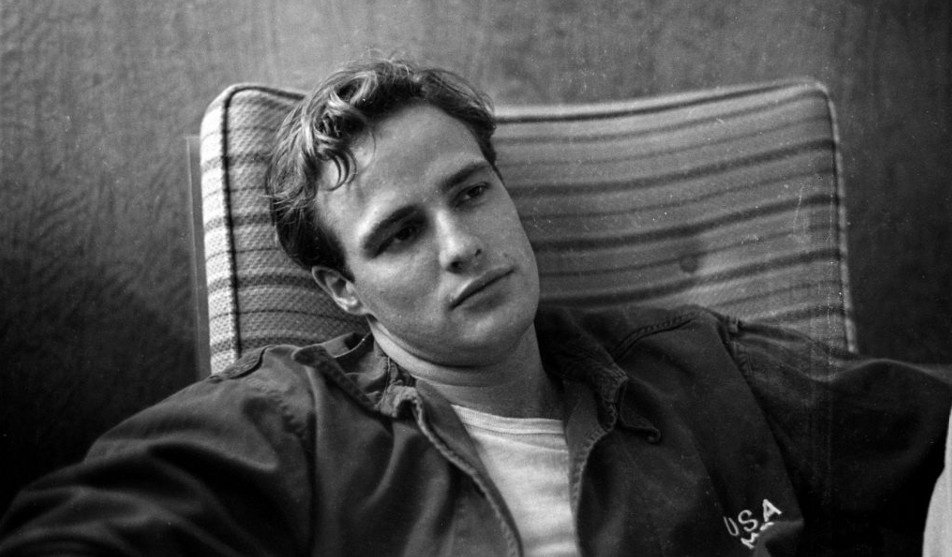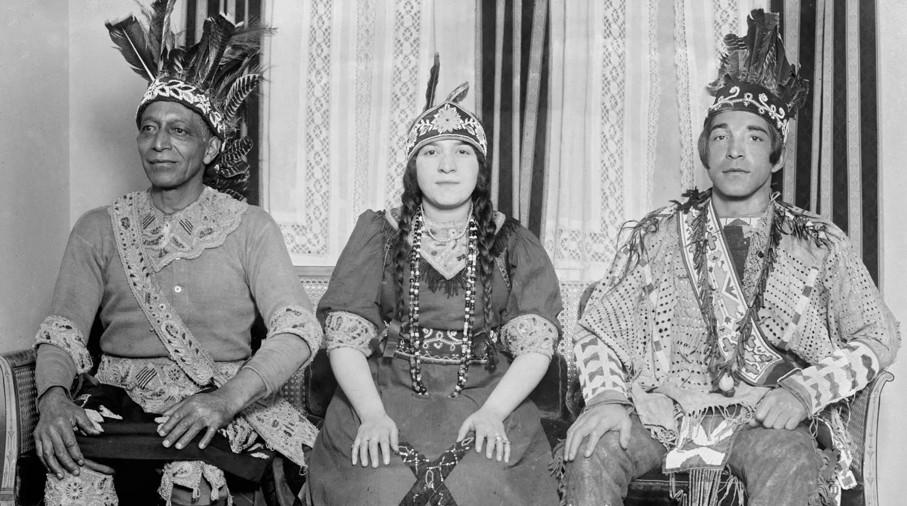
Before Brando, acting was one thing. After Brando, it was entirely another. He wasn’t just an actor; he was a seismic event, a force of nature who redefined what it meant to embody a character on screen. From his raw, animalistic intensity to his later, more introspective and often controversial performances, Marlon Brando left an indelible mark on Hollywood and the very art form of acting.
Let’s dive into the fascinating, complex, and often turbulent life of a true legend.
The Genesis of a Revolution: From Omaha to the Method
Born in Omaha, Nebraska, in 1924, Brando’s early life was marked by a challenging home environment. It was this restless spirit, perhaps, that propelled him towards the stage. When he arrived in New York City, he found his true calling among the groundbreaking teachers of the Actors Studio – Stella Adler and Lee Strasberg – mastering the techniques of “Method Acting.”
Unlike the more theatrical, declamatory styles prevalent at the time, Brando learned to delve deep into a character’s psychology, drawing on personal experiences and emotional recall to create performances of startling realism and vulnerability. This wasn’t just acting; it was living the role.
The Streetcar and the Wild One: Igniting an Era
The world first truly recognized Brando’s genius with his electrifying portrayal of Stanley Kowalski in Tennessee Williams’ “A Streetcar Named Desire.” First on Broadway in 1947, then in Elia Kazan’s iconic 1951 film adaptation, Brando’s sweat-soaked t-shirt, guttural cries of “Stella!”, and visceral physicality shattered previous notions of the leading man. He was dangerous, magnetic, and utterly unforgettable.
He quickly followed this with a string of era-defining roles:
- “The Wild One” (1953): As Johnny Strabler, the leather-clad leader of a motorcycle gang, Brando became the ultimate anti-hero, an icon for rebellious youth. His famous line, “What are you rebelling against?” “What’ve you got?” perfectly encapsulated a generation’s simmering frustration.
- “On the Waterfront” (1954): His heartbreaking performance as Terry Malloy, a washed-up boxer, earned him his first Academy Award for Best Actor. The “I coulda been a contender” monologue remains one of cinema’s most powerful moments, showcasing a raw vulnerability that few could match.
Brando wasn’t just playing characters; he was embodying a new kind of masculinity – complex, flawed, and deeply human.
The Maverick Years and the Unthinkable Comeback
As the 1960s progressed, Brando’s career became more erratic. Known for his increasingly eccentric behavior, his demanding nature on set, and a string of poorly received films, many in Hollywood began to write him off. The legend seemed to be fading.
Then came 1972, and with it, “The Godfather.”
Against the studio’s wishes, Francis Ford Coppola fought fiercely to cast Brando as Vito Corleone. Brando, transforming himself with cotton in his cheeks, a gravelly voice, and an aura of quiet menace, created one of cinema’s most enduring figures. It was a performance of subtlety and profound power, earning him his second Best Actor Oscar – an award he famously declined, sending Sacheen Littlefeather in his place to protest the treatment of Native Americans.
This wasn’t just a comeback; it was a defiant re-assertion of his unparalleled talent. He followed this with another incredible, if notoriously difficult, role as Colonel Kurtz in “Apocalypse Now” (1979), delivering haunting, improvised monologues that cemented his status as a cinematic enigma.
Beyond the Screen: Genius, Eccentricity, and Legacy
Brando’s life off-screen was as dramatic as any of his roles. A passionate advocate for civil rights and Native American causes, he used his fame to shine a light on injustices. His personal life was often tumultuous, marked by multiple marriages, children, and a deeply private nature that sometimes bordered on reclusiveness.
In his later years, Brando became famously reclusive and physically transformed, yet his intelligence and intensity never truly waned. He was a man of immense contradictions: a profound talent burdened by personal demons, an icon who often disdained the industry that made him famous, a humanitarian with a reputation for being difficult.
Marlon Brando didn’t just act in movies; he reshaped the very fabric of performance. Every actor working today owes a debt to his revolutionary approach, his fearless commitment to truth, and his unparalleled ability to bring complex, flawed humanity to the screen. He remains not just a legend, but an enduring enigma, forever etched into the pantheon of cinema’s greatest artists.







